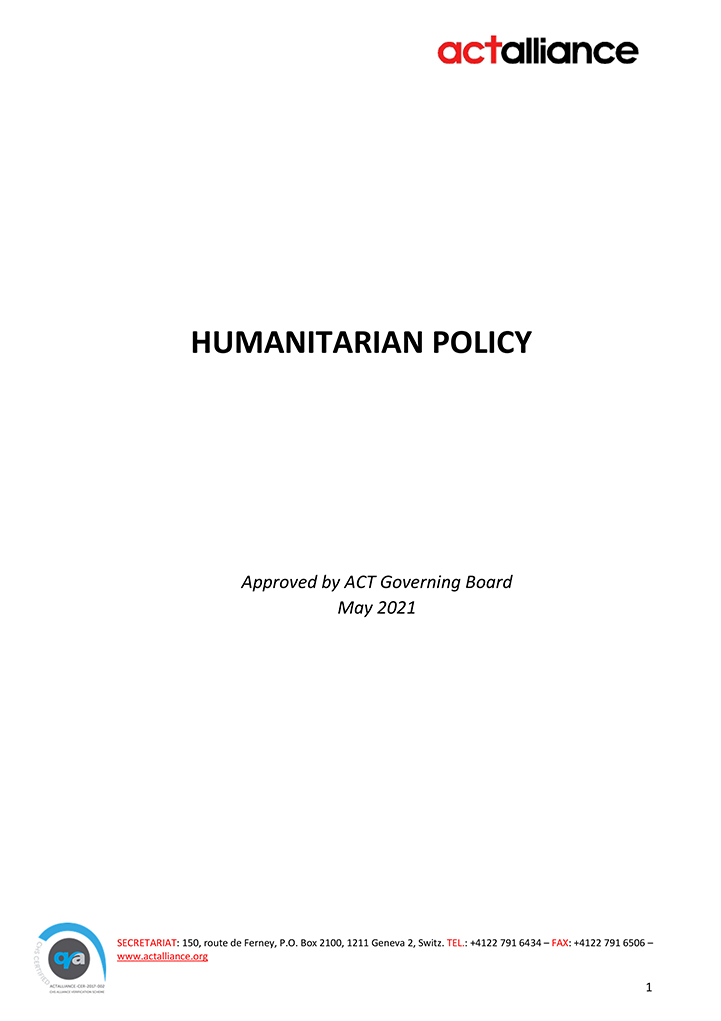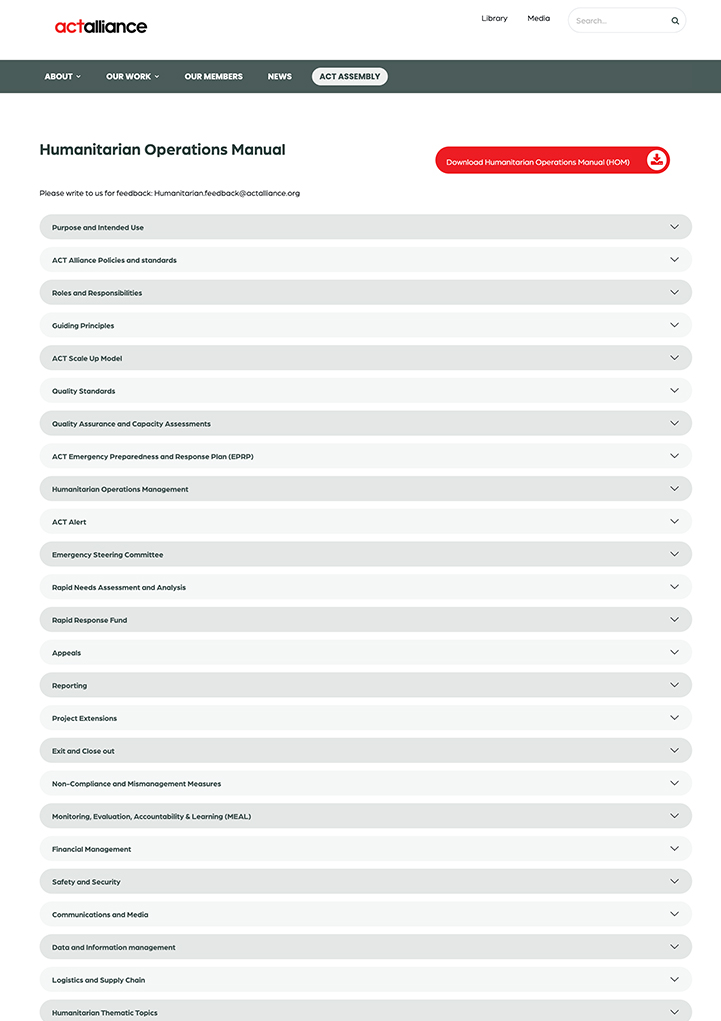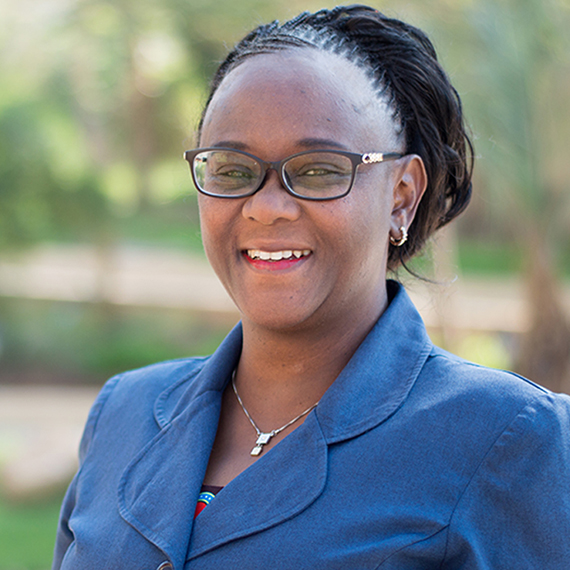On Sunday morning, April 4, 2021, flash floods and landslides caused significant damage in 11 districts of East Nusa Tenggara: Flores Timur, Malaka, Lembata, Ngada, Alor, East Sumba, Sabu Raijua, Rote Ndao, South Timor Tengah, Ende, and Kupang city. In Timor-Leste, over 76 percent of the affected population are in Dili, the country's capital.Indonesia National Board for Disaster Management (BNPB) reported around 55 casualties and 24 people missing in Indonesia and several areas are still submerged by floods and mud. UN agencies reported about 12,980 people were affected in both Indonesia and Timor-Leste. Seven other municipalities were affected in Timor-Leste with 21 reported casualties.A total of 256 people were evacuated in the East Flores area. Seventeen houses were washed away, and 60 houses were submerged in mud, with five bridges became inaccessible in three affected villages. In East Sumba District, 54 households or 165 people were displaced, while another 109 households or 475 people were affected by the flood, and 19 villages were affected. In Malaka District, 22 villages are inundated by flash floods, and yet so far still no further information for any victims that has been recorded, but most of the community is still flooded.ACT Indonesia Forum (ACTIF), through Indonesia Christian Association for Health Services (ICAHS/PELKESI) and YAKKUM Emergency Unit (YEU), plan to respond in East Nusa Tenggara through ACT Alliance’s Rapid Response Fund (RRF). PELKESI is supported by their local partners, CD Bethesda, GKS Synod, and Lindimara Hospital. They are conducting their rapid assessment and plans to provide health services, shelter materials, food, drinking water, and protection services. YEU has started distributing materials to provide soup kitchens in Flores in collaboration with the local church, GMIT Synod.Church World Service is responding in Dili, Timor-Leste using their own funds initially distributing hygiene kits and household cleaning items to help the affected residents.ALERT Indonesia and Timor Leste Flash Floods











